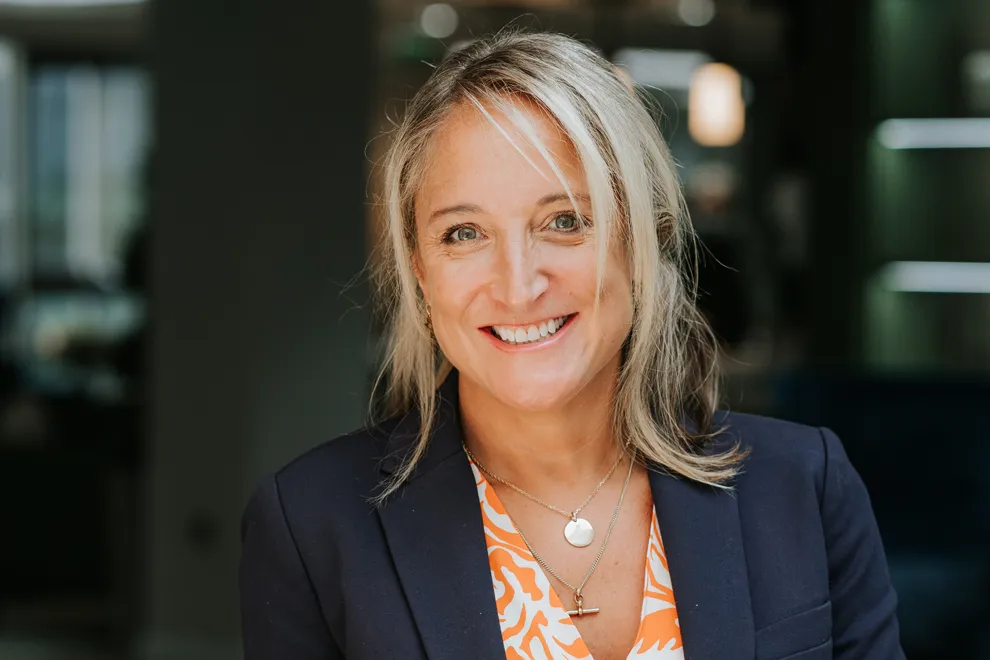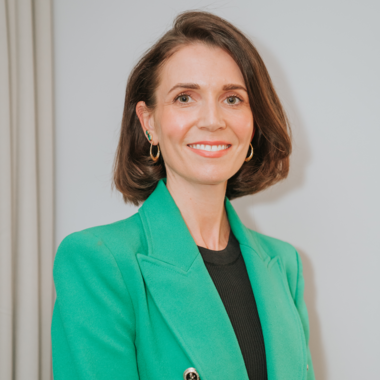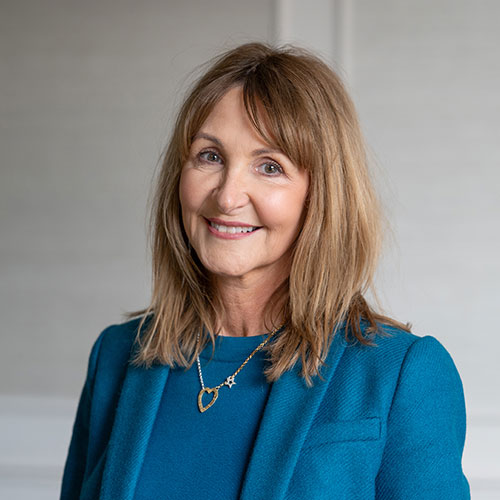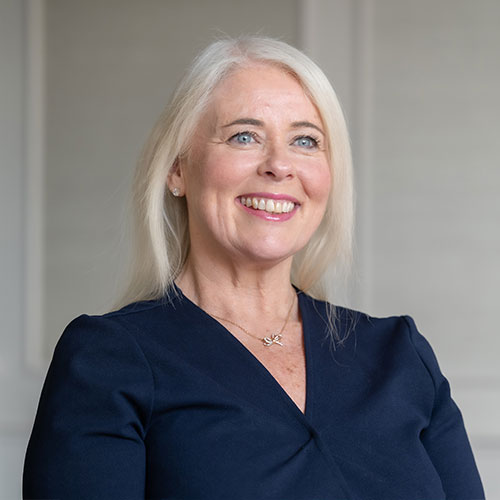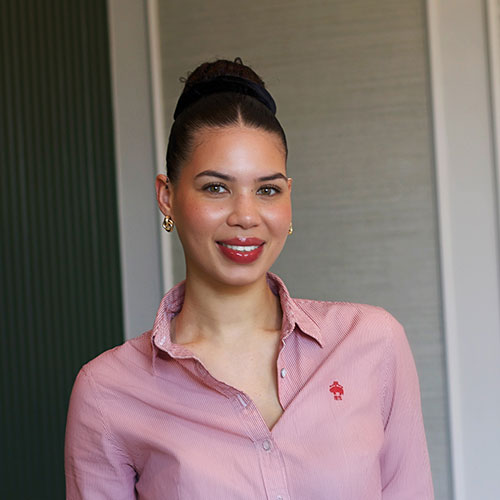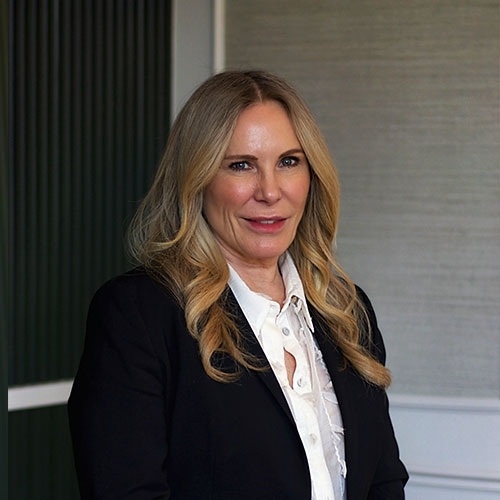Last week our resident author Nadia Cohen led friends and visitors in a fascinating and far-reaching interview with one of our Members at Kensington.
He has an astonishing level of recall about his rich and varied life from his working-class roots in pre-war Wolverhampton to the highest echelons of the British Government.
A series of surprising questions prompted him to share fascinating memories and joyful anecdotes from days gone by.
Q: What are your memories of Oxford?
I adored reading Latin and Greek at Christchurch College, and best of all I discovered coffee for the first time.
There were so many girls to go out with, mostly nurses, because the female students had to work like stink – their lives were a misery! Everybody thought I was going to become a Don, but I had a taste of rebellion and went traveling before joining the civil service.
Q: Was the civil service just like Yes Minister?
A: It might depress you but yes, the TV show was quite like life in Whitehall – although the ministers are not quite that stupid! It’s like comparing TFL to On The Buses!
The comedy is very recognisable in the way two powerful people from different worlds are bonded together. The Minister wants, needs and lusts for popularity, he cares about photo opportunities and press opinion, while the civil servant is driven by budget.
But they are bonded because they can’t do anything without each other – like a three-legged race.
The script writer Antony Jay would come to tea and gather material – phrases that we used like ‘a brave decision’ meant ‘I doubt if that’s very sensible but who am I to say?’ and ‘In government you don’t have to be doing anything to be very busy indeed!’
The episode where a woman was going to be promoted but left to work in the private sector was in fact about my wife!
Q: Tell us about the day you first met her?
I was bored of the food in the Foreign Office canteen, so I went to see what they had in the Treasury – it was exactly the same wet fish and cabbage – but I saw a friend from Oxford and she was with an incredibly good-looking woman in a pale blue suit.
I thought, ‘Wow!’
Q: Was it love at first sight?
A: I knew before she even sat down that I wanted to marry her. I didn’t even know what a wonderful person she was, I didn’t know her well enough to love her at first sight, but I loved her more and more over the years.
I asked her out and gave her a box of chocolates, but she hid them under the seat because she was too shy to tell me she was allergic!
Q: What’s the secret to your long and happy marriage?
A: Times together are very important when you’re both busy and tired – that’s a dangerous state of affairs. I remember a woman married to a busy minister telling me the secret to a happy marriage is one of you taking responsibility for not being tired.
Q: With two busy careers, were weekends precious?
A: Very. When we were both civil servants’ life was quite hard, we worked long hours and our heads were stuffed with facts and figures. My wife was an honorary fellow of her old Cambridge college so every Friday we would get away as early as we could and drive there for dinner with clever, marvellous people.
That’s how we knew the weekend had started. We didn’t care what the food was like because the conversation was always so good.
After a while we bought a bungalow three miles outside the town and spent every weekend in Cambridge.
Q: Is it true your wife invented the ATM?
A: Not quite! When she was corporate director at Giro Bank she created Link, which was the very first network of ATMs in the UK. She took the idea of banking when the branches were closed to Barclays who were the main debit card holders at the time, but they could not get it off the ground until years later.
Q: Tell us about the years you spent living in America?
A: After we were married in the early sixties I was posted to Washington, and at that time women were required to resign if they wanted to accompany their husband. It was the noblest thing my wife ever did, resigning to come with me for four years.
But the position of women was appalling there, at parties men and women would separate like oil and water, women could only be thought of as doing one thing. Neither of us wanted to spend the rest of our lives going round world, it was fun but there was no depth of conversation.
My wife said she was tired of having the same conversation with 120 people, she wanted to have 120 conversations with the same person, so we came back to London. I’d missed pork pies, warm beer, and proper apples. We bought a mews house near Connaught Square for £14,000 – the best bargain I ever had!
Q: How did you end up with a holiday home on a remote Greek island?
One of my earliest memories is my father saying, “When you grow up you’ll have to choose between money and security, and holidays”. I chose holidays.
And so, when my wife said to me, ‘I’d like to find a place I’d like to go back to again and again’ we drew up a list of what we wanted – she wanted sea to swim in, I wanted mountains to walk over and we both wanted sun – but nothing else. If you add museums, people or food then other people would go there and we wanted somewhere quiet.
We got loads of brochures from the travel agent and crossed off anywhere they mentioned – it couldn’t be an unspoilt gem if it was in a brochure.
We were left with Serifos, Sifnos and Milos so we spent a week on each island and both liked Serifos because it was so quiet that the manager of the only hotel told us he was going broke.
It was so unspoilt nobody had even heard of the idea of renting out a spare room, we were talking about Airbnb back in 1972!
We bought a ruin of a house overlooking the sea for £1000 and spent every holiday doing it up – my wife went to Athens and bribed everybody in the Ministry of Architecture with bottles of ouzo to get permission to get it done.
We went there two or three times a year until 2006, and even after all those years our neighbours still called me Terry because they couldn’t pronounce my real name!
